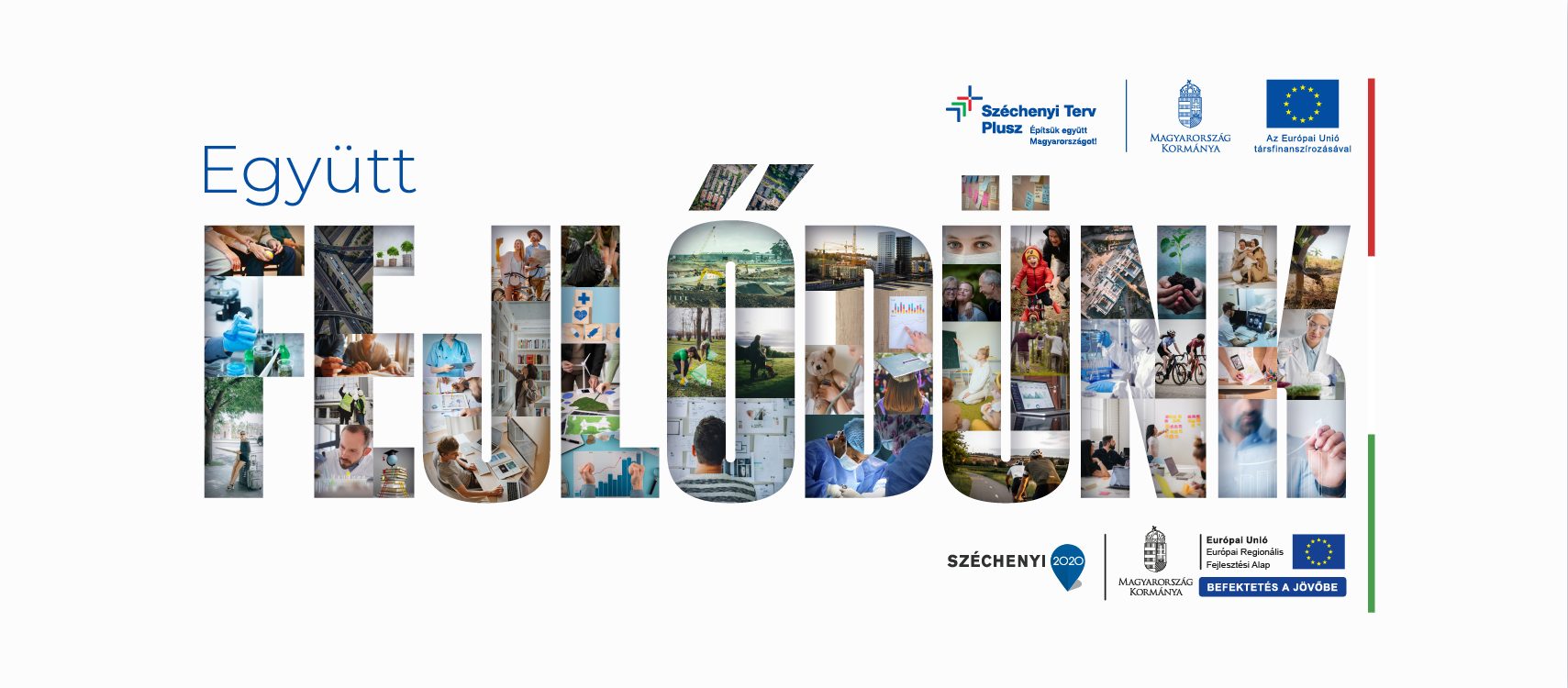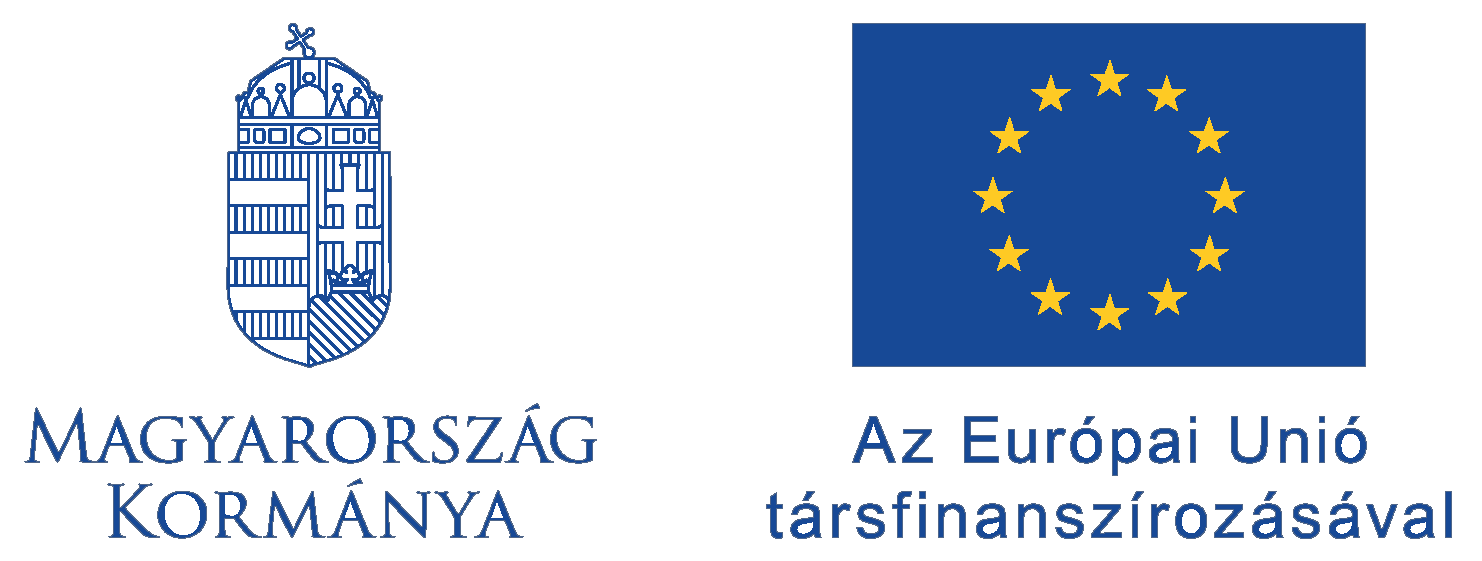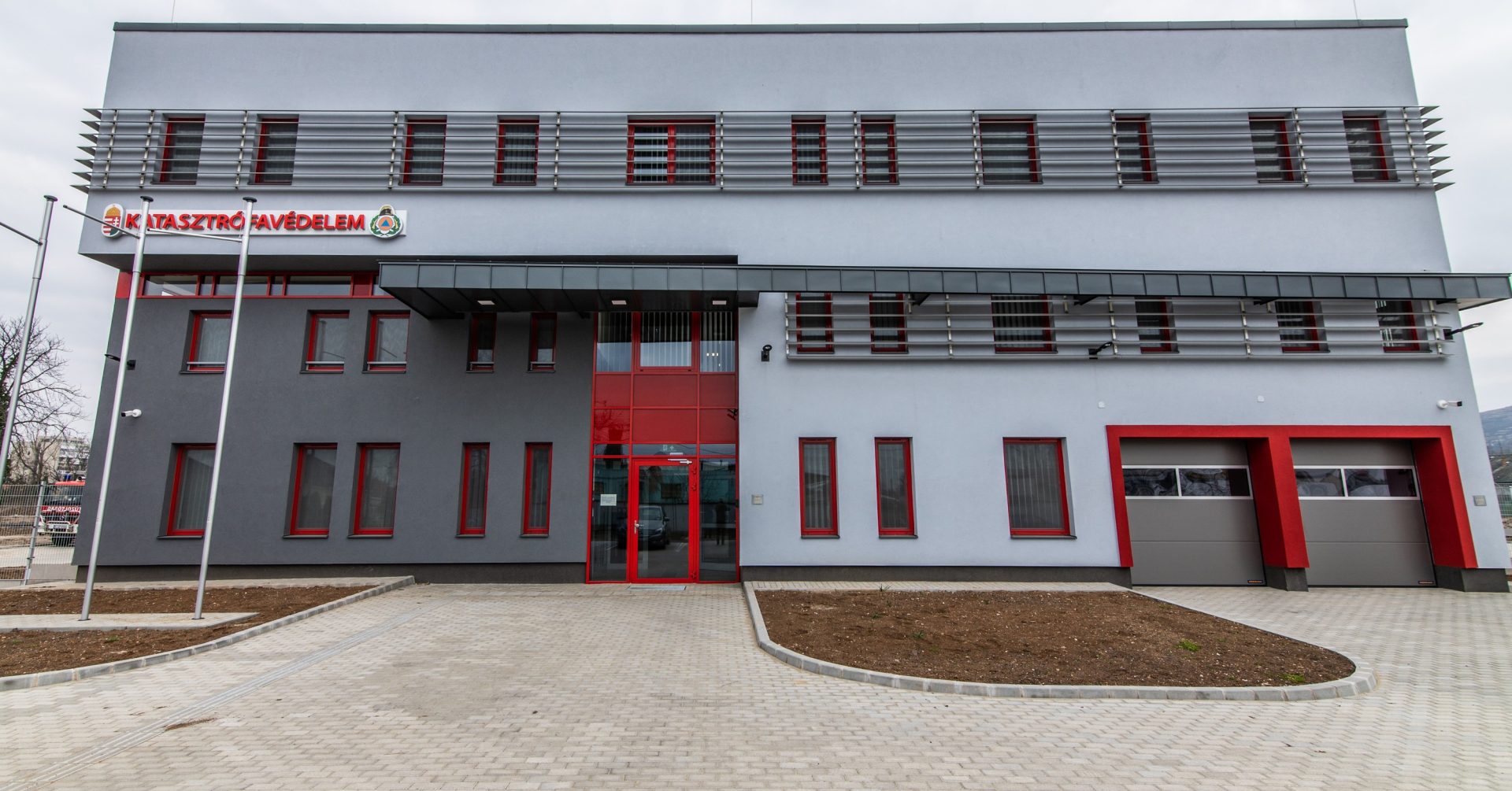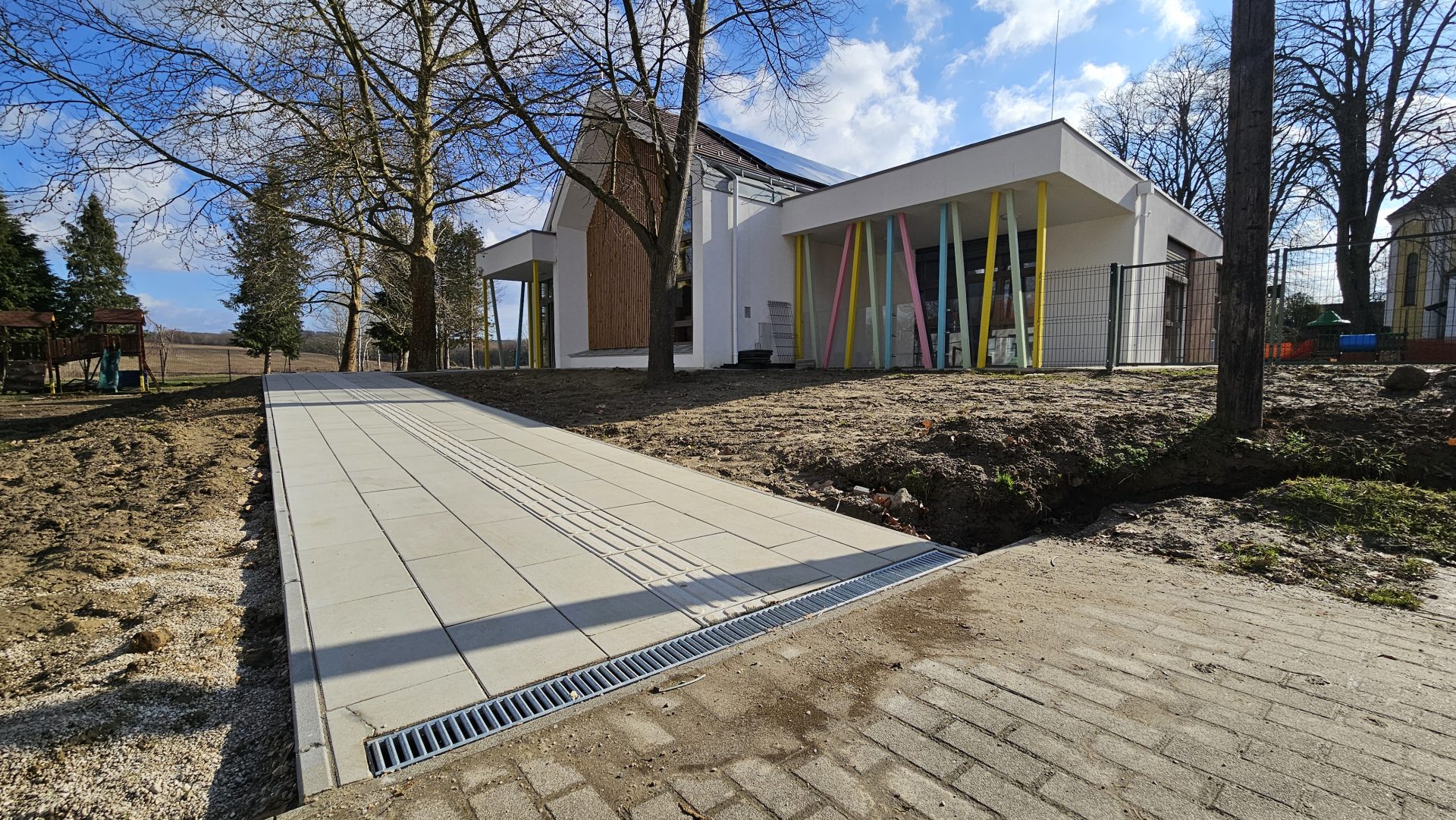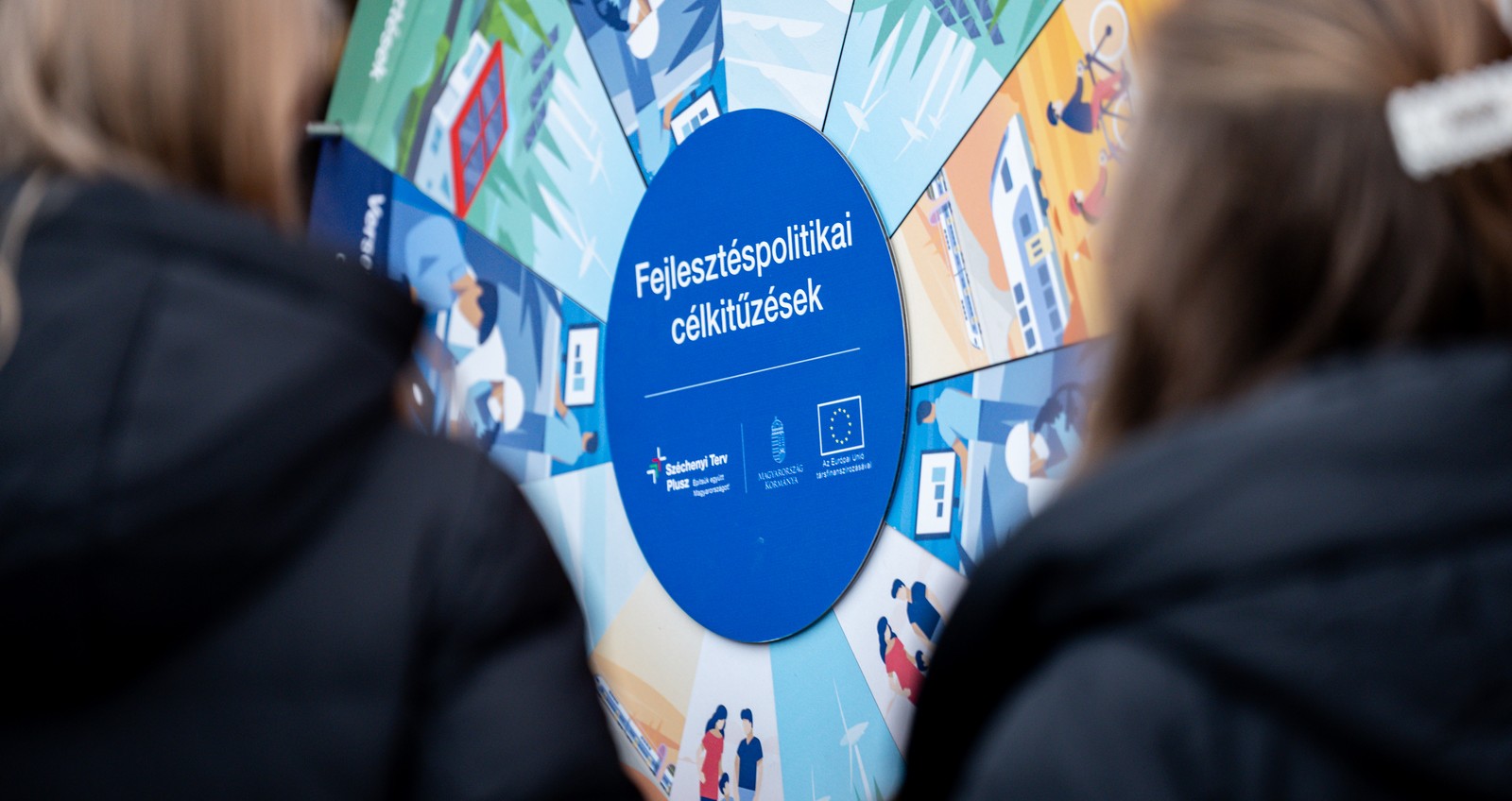Hungarian society today faces many challenges. The strength of any community lies in its ability to raise open, empathetic, and responsible citizens. The Classroom Theatre project, carried out by the Szabad Jászok Democratic Association, was designed with exactly this goal in mind. By bringing theatre performances directly into schools and pairing them with guided discussions, the project encouraged students to explore the roots of social problems and to learn what it means to take responsibility for one another and for their community.
The initiative was part of Priority 7 of the Territorial and Settlement Development Operational Programme (TOP), which focuses on strengthening local communities and revitalizing cultural life. Its aims include promoting social inclusion, breaking the cycle of poverty, and increasing young people’s participation in community life.
What made the Jászság project unique was its use of theatre as a tool for awareness-raising and dialogue. Eleven performances were staged in secondary schools across Jászberény, each addressing issues that directly affect young people: drug prevention, school bullying, domestic violence, career choices, conflicts between family and education, and the struggles of becoming independent. After every performance, professional facilitators – psychologists and addiction specialists – led open conversations. Students often shifted from passive audience members to curious, outspoken participants who were eager to share their own stories and perspectives.
Five different theatre companies took part, exposing students to a wide range of theatrical forms, from classical stage plays to street theatre. Teachers were also closely involved in organizing the events, ensuring the program was tailored to the real needs of their students. These sessions became much more than lessons – they were memorable experiences that combined creativity with learning empathy.
The impact went well beyond entertainment. Students grew more confident in expressing themselves, developed their cultural literacy, and learned constructive ways of handling conflict through dialogue. For many, the sessions helped release frustration and offered fresh perspectives on sensitive issues such as exclusion, violence, and responsibility.
The Classroom Theatre project also carried a broader message: society gains immeasurable value when the next generation grows into citizens who are empathetic and socially aware. These are the adults who will not stand by indifferently in the face of suffering but will step up when help is needed. At the same time, the program helped nurture a stronger interest in theatre among young people, laying the groundwork for the renewal of cultural life in the long run.
To mark the project’s conclusion, the Association compiled a portfolio documenting the performances and lessons learned. Beyond serving as a record, this resource can support future efforts to continue the initiative through other funding streams.
The performances staged in Jászberény classrooms demonstrated how theatre can bridge the gap between young people and adults, teachers and students, individuals and communities. They also proved that theatre is not only a form of entertainment but a powerful tool for education, dialogue, and connection.
The development was implemented from EU funding in the project TOP-7.1.1-16-H-ESZA-2020-01494 under the Territorial and Settlement Development Operational Programme.
Find out more about the project in the Project Finder:Details
